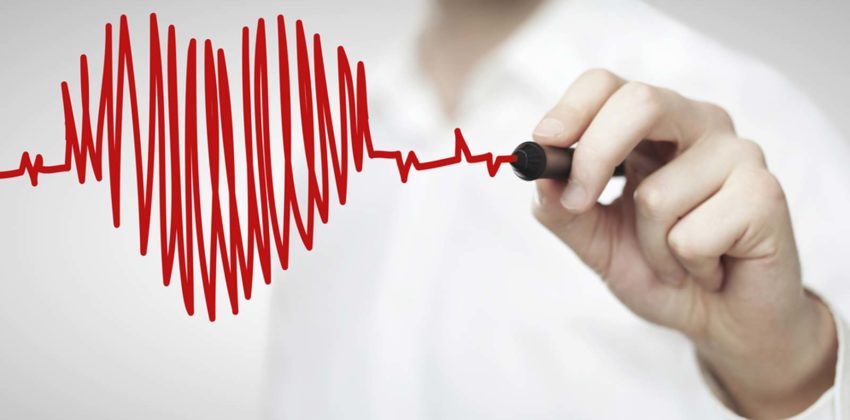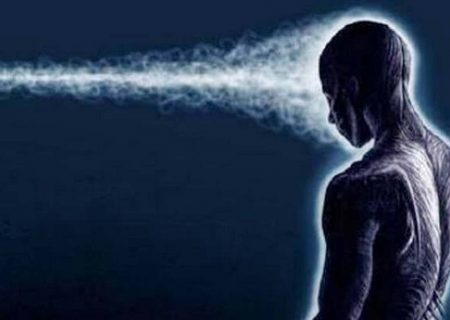According to statistics by the World Health Organization, cardiovascular diseases are the number one cause of death for people all over the world. While most people know that you have to be careful about cholesterol in order to take care of your heart, did you know that hormones could help protect your cardiovascular system, too? In this article, we will discuss a few reasons why certain hormones are good for your heart.
How Hormones Can Affect Your Blood Pressure
A study published in the Polish medical journal Endokrynologia Polska states that there is a set of hormones that can increase blood pressure. There is also another set that does the exact opposite. The ones that have been found to raise people’s blood pressures include:
- Aldosterone
- Angiotensin II
- Antidiuretic hormone
- Catecholamines
- Endothelins
|
- Glucocorticosteroids
- Leptin
- Thyroid hormones
- Urotensin II
|
On the other hand, the ones that can help decrease blood pressure levels are:
- Angiotensin 1-7
- Angiotension 1-7
- Calcitonin gene-related peptides (CGRP)
- Ghrelin
- Natriuretic peptides
|
- Neurokinin A
- Oxytocin
- Parathyroid hormone-related protein (PTHrP)
- Substance P
|
The Effects of Sex Hormones on the Heart
Though most people associate the sex hormones with reproductive organs, they also play a role in keeping your heart healthy. Scientists have found that estrogen can influence nearly every part of our body, especially the heart and the blood vessels. For one thing, estrogen can increase the flow of blood in your body by relaxing, dilating, and smoothing your blood vessels. Estrogen can also absorb naturally occurring particles (called free radicals) that could cause damage to your arteries. In addition to all this, estrogen also has the ability to increase the amount of high-density lipoprotein (HDL) cholesterol in your body. This is the “good” kind of cholesterol, which, as it passes through the bloodstream, removes harmful fat (called low-density lipoprotein or LDL cholesterol) from the inner walls of the blood vessels. HDLc then brings the LDLc to the liver, which can reprocess the bad into more HDLc.
What Growth Hormone Deficiency Has to Do with Cardiovascular Disease
When people have low levels of growth hormone, they tend to gain much more body fat as well as cholesterol in the body. A study by the Section of Endocrinology in Boston University School of Medicine has also shown that growth hormone deficiency can lead to a thickening of the carotid arterial intima-media, which is a sign of early hardening of the arteries (also called atherosclerotic development) due to the build-up of plaque. People who seek growth hormone replacement therapy tend to experience an increase in lean body mass as well as a decrease in LDLc levels. Growth hormone also reduces the stiffness of the arteries by improving the availability of nitric oxide.
Hormones Can Be Good for Your Heart
Given these benefits, bioidentical hormone replacement therapy can definitely improve the lives of certain individuals. Besides tackling health issues such as excessive use of tobacco, unhealthy diets, alcohol abuse, and lack of physical exercise, getting enough of the good hormones in your body could help you decrease your chances of developing heart disease. The important thing to remember is that hormones influence many parts of the body, and thus a proper diagnosis from a medical professional would be best in order to avoid any unexpected complications.





